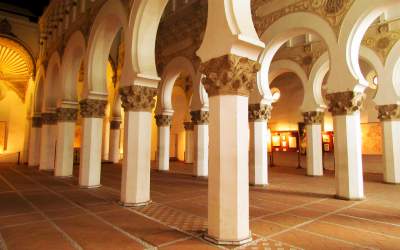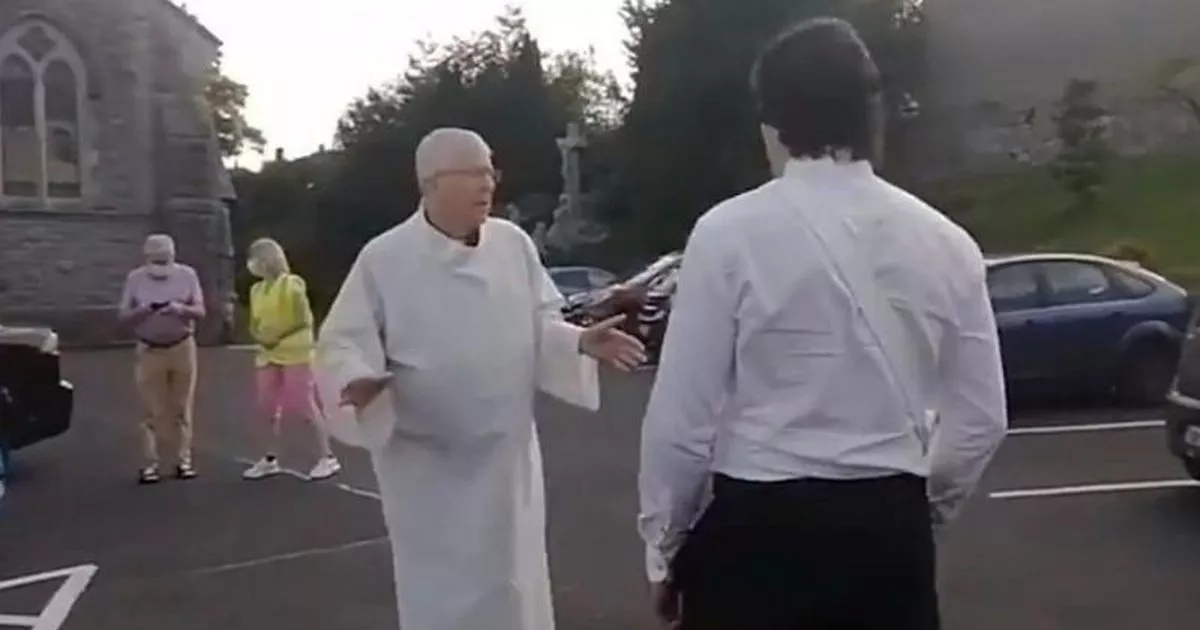tones
Tones deaf
My mistake, thank you for the correction - should have checked before writing.(Ha-Satan in Hebrew, surely. )
I'd read somewhere the concept of Satan was picked up by the Jews from zoroastrianism (presumably during their time as guests of the Persian Empire), but reading the bulky Wikipedia article on Satan it seems a little more complicated than that.
Jesus clearly believed in the devil (from the Greek diabolos), and he (the devil) occurs frequently in the NT. So clearly the concept had made its way into Jewish thinking at the time, at least in the Pharisees' thinking (probably not at all in the thinking of the aristocratic Sadducees, who held that only the Pentateuch was valid scripture). Curiously, modern-day Judaism, which was essentially a construct of the Pharisees (Sadducees were the party of the Temple, and its destruction by Titus in AD70 rendered them homeless) does not recognise the existence of any such being.




